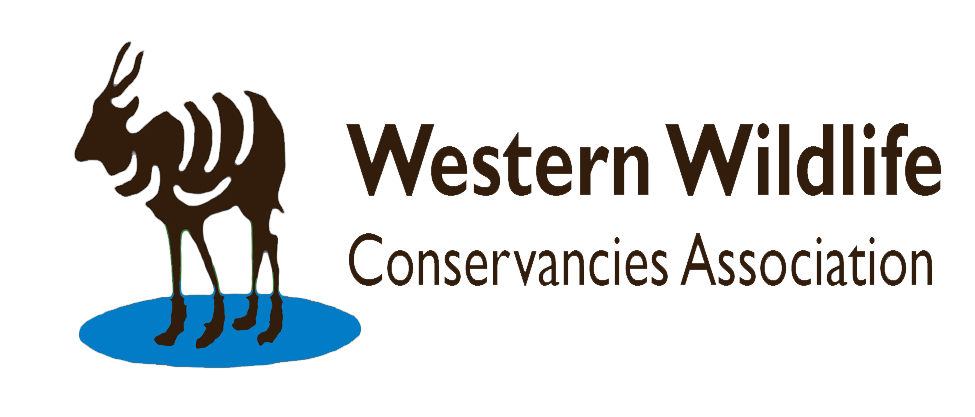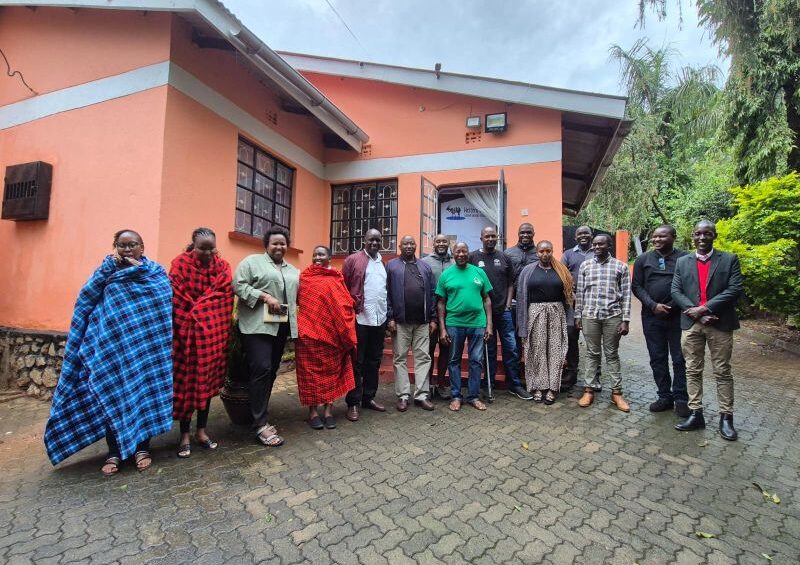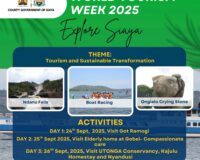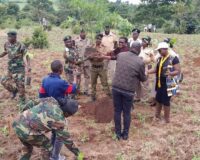Collaboration and learning through exchange programs are key drivers of growth and innovation in the conservation sector. Today, the Maasai Mara Wildlife Conservancies Association (MMWCA) sent 16 personnel to the Western Wildlife Conservancies Association (WWCA) for a benchmarking visit in western Kenya conservation area. This initiative aimed to foster knowledge sharing, enhance operational efficiencies, and create long-lasting partnerships that will benefit both organizations.
The MMWCA team came to WWCA with specific goals in mind. These included:
Learning about WWCA’s approach to community-led conservation in the Western Kenya region, particularly in forest ecosystems such as Kakamega Forest.
Understanding the governance structures that have allowed WWCA to establish strong partnerships with local communities.
Sharing insights on challenges and successes in managing wildlife conservancies.
Exploring strategies to diversify livelihoods for local communities living near conservation areas.
Key Activities During the Benchmarking Event
Over the two days, a series of interactive sessions, field visits, and roundtable discussions were held.
WWCA staff provided an overview of their conservation model, which empowers local communities by integrating wildlife conservation with sustainable livelihood projects.
The MMWCA team visited various sites under WWCA’s landscape, including the Kakamega Forest and surrounding community projects. These visits highlighted how conservation efforts are blended with sustainable tourism and agroforestry projects, providing alternative livelihoods to reduce pressure on wildlife.
WWCA shared its experience in setting up effective governance structures, including its recent AGM where new board members were elected, ensuring accountability and stakeholder representation.
For WWCA: The benchmarking visit opened new avenues for potential partnerships and funding opportunities. MMWCA’s advanced experience in wildlife management and tourism provided valuable insights on improving wildlife corridor management and increasing visitor numbers in WWCA’s conservancies.
Both associations will continue to collaborate, exchanging technical know-how and data, such as wildlife monitoring systems and community outreach models.WWCA has already started integrating some of the lessons learned from MMWCA, such as diversifying income streams through eco-tourism and enhancing community engagement strategies.
The visit has strengthened the ties between two of Kenya’s key conservation associations, paving the way for joint advocacy and policy influence at the national level.






